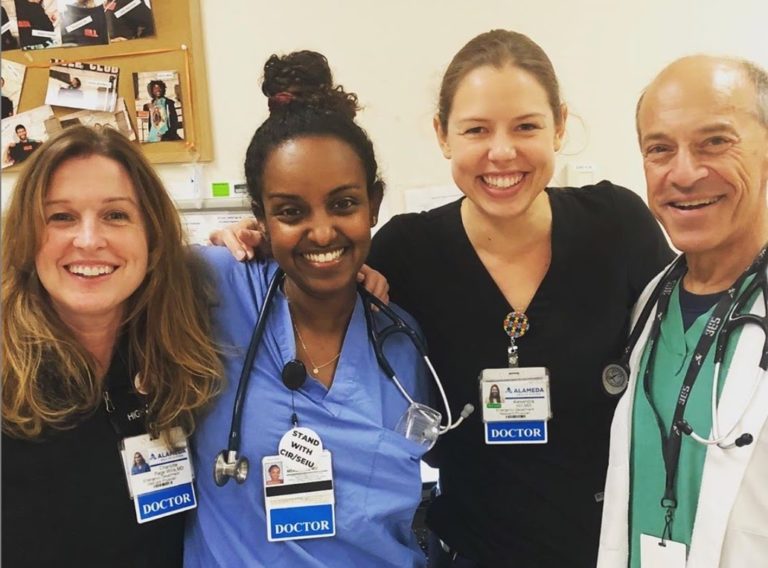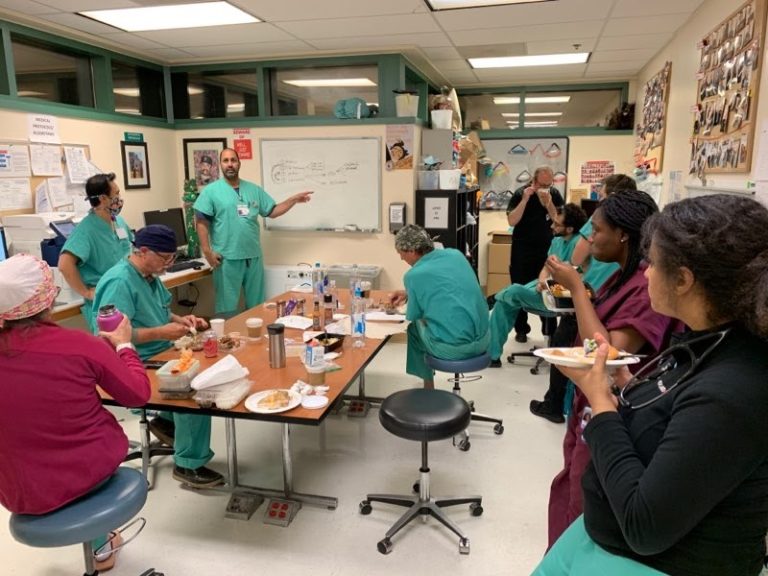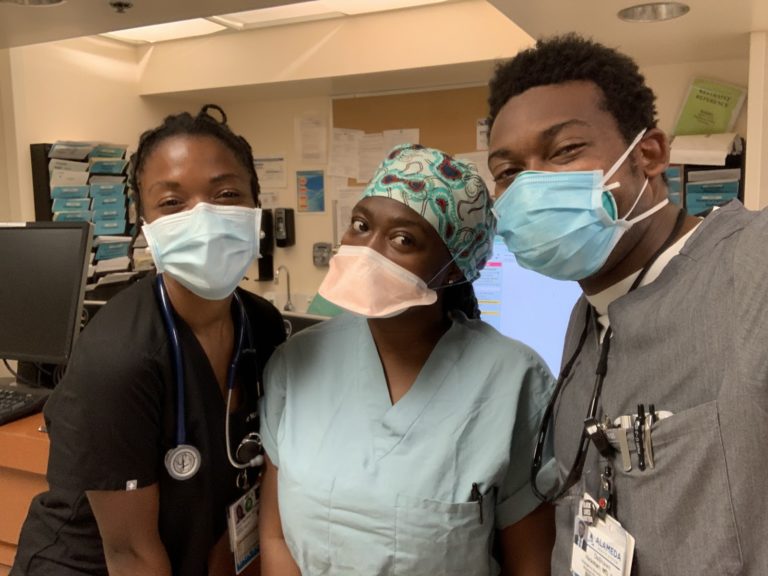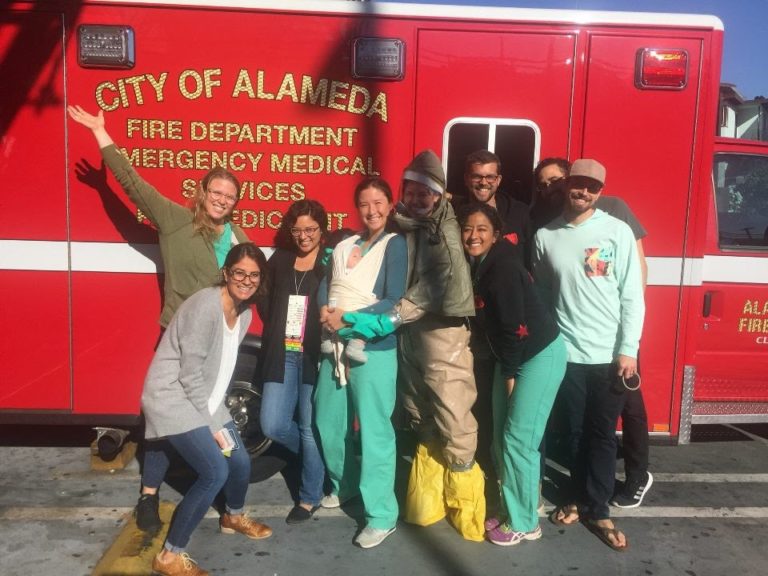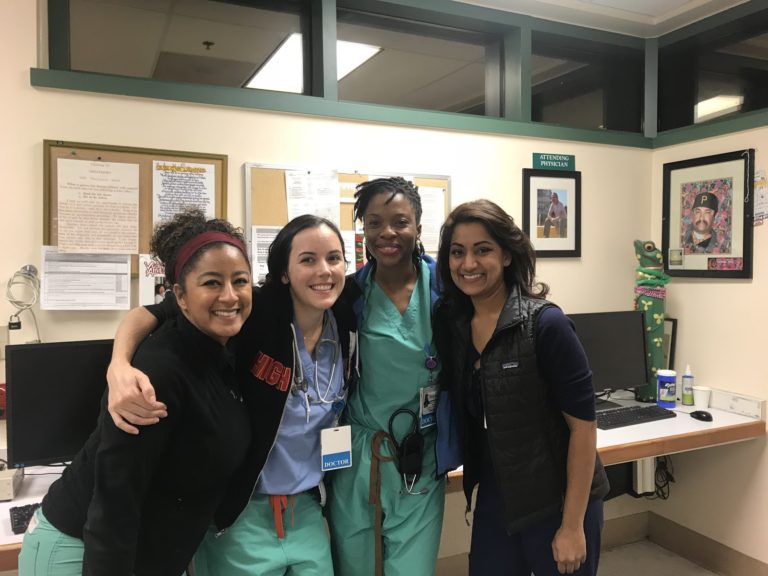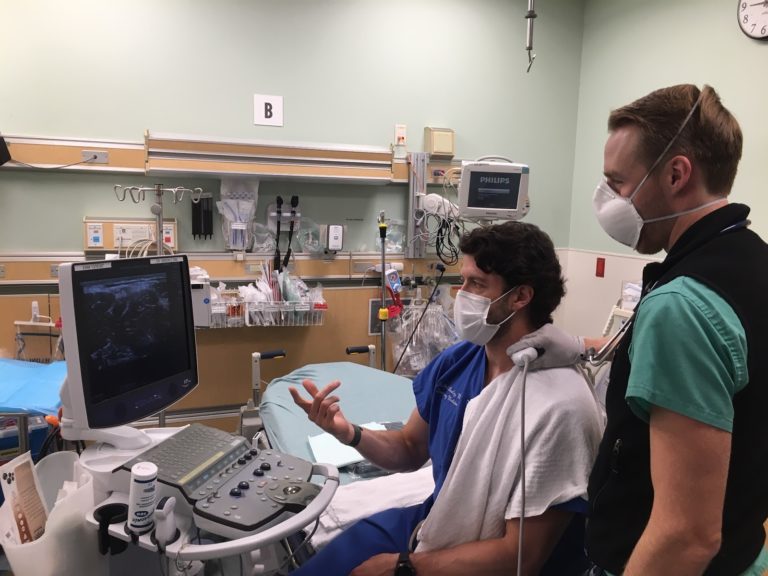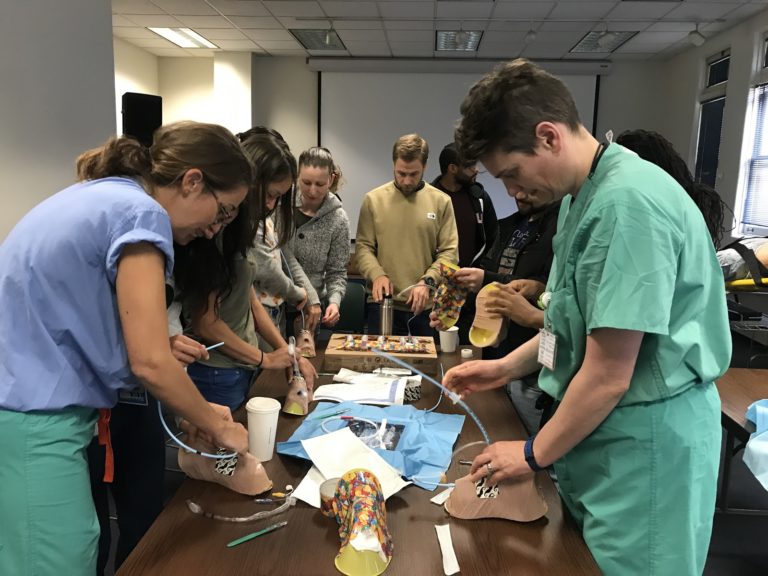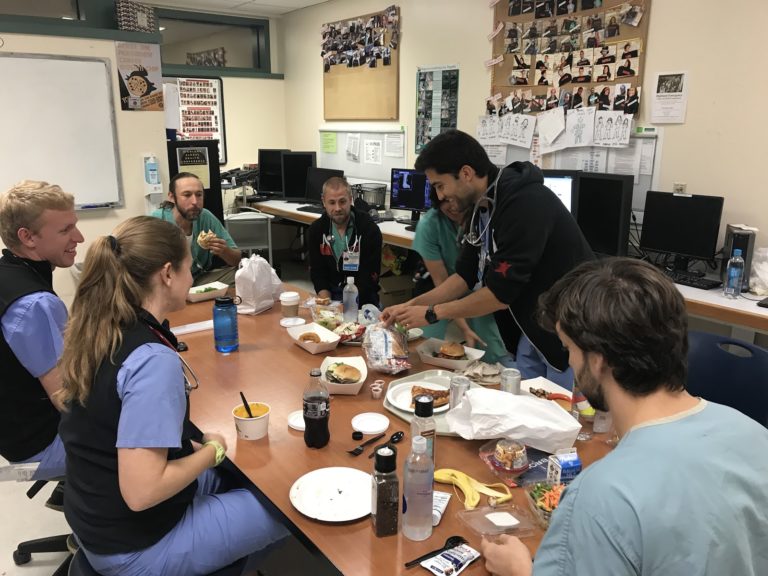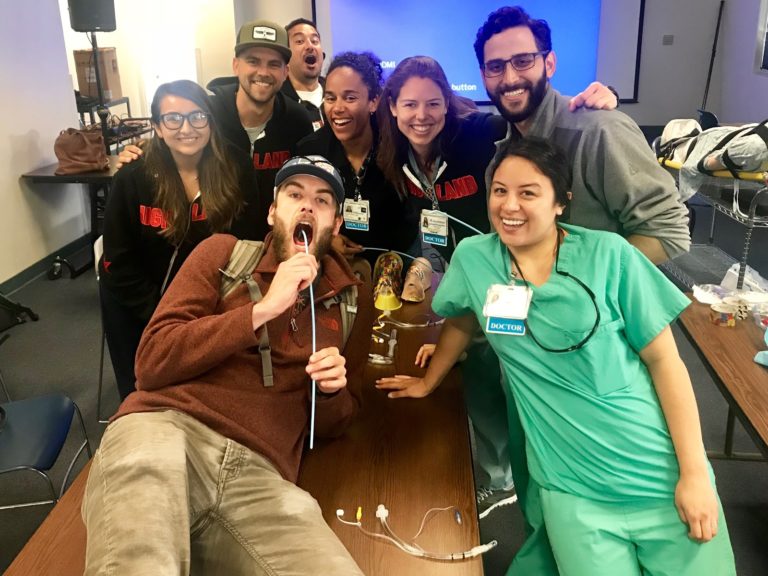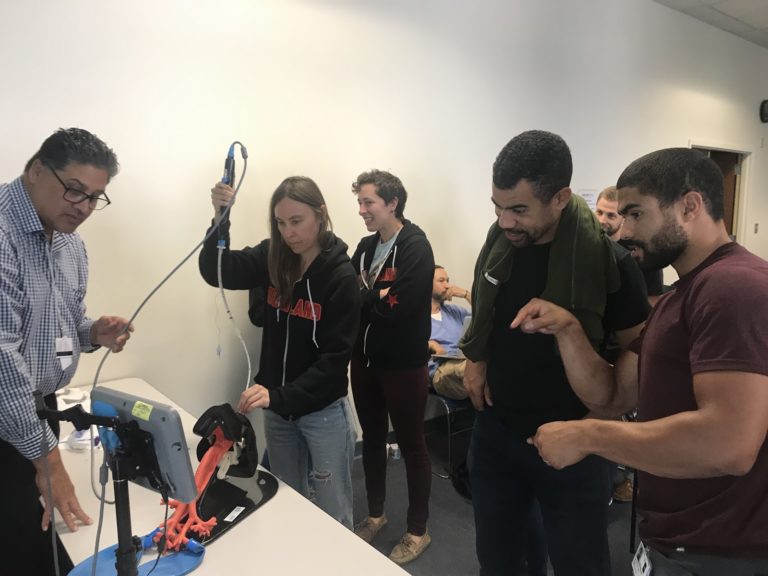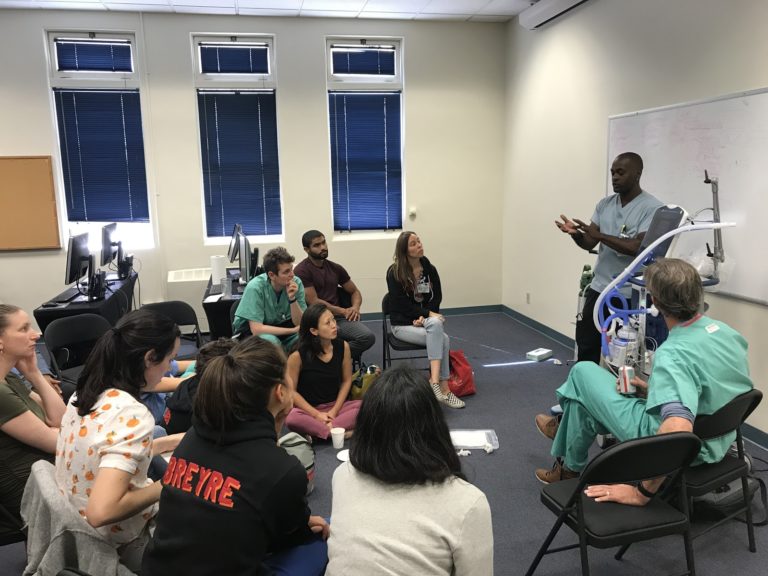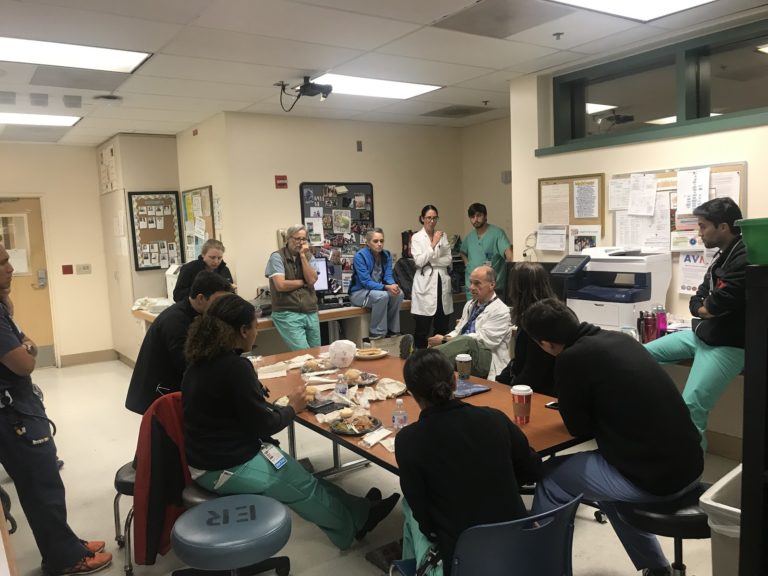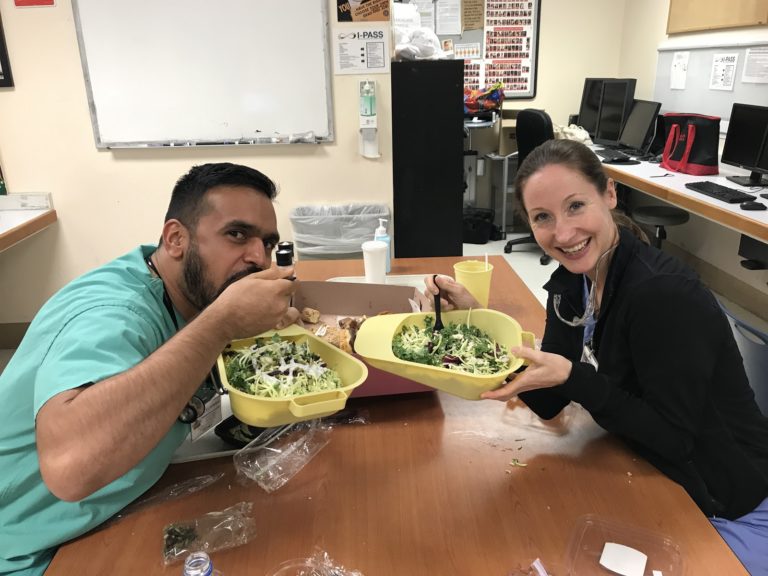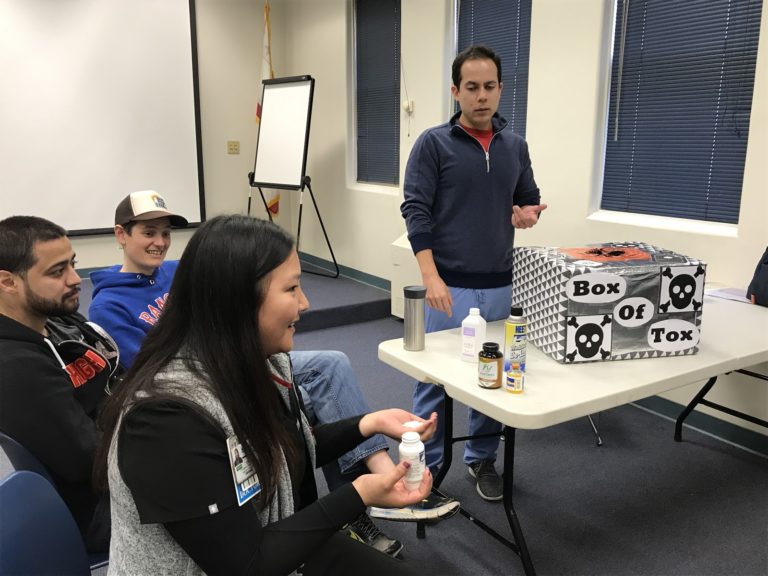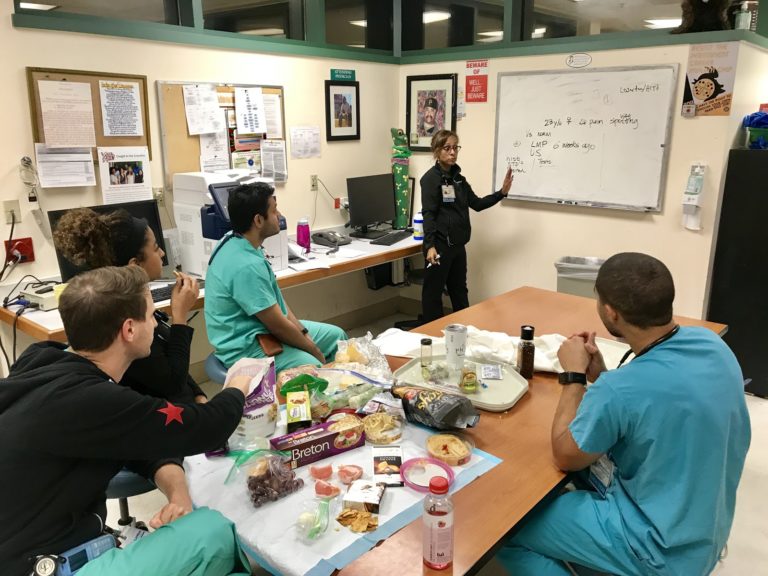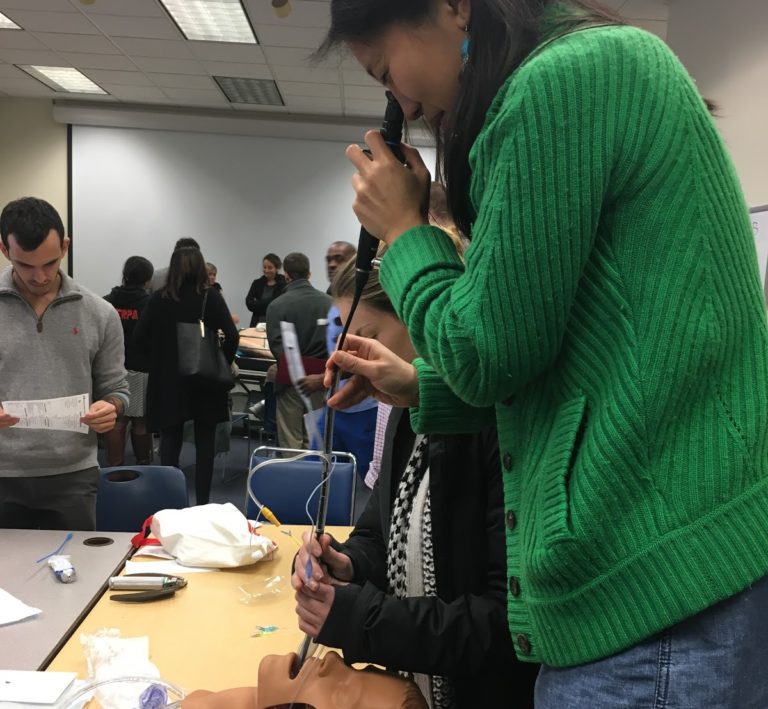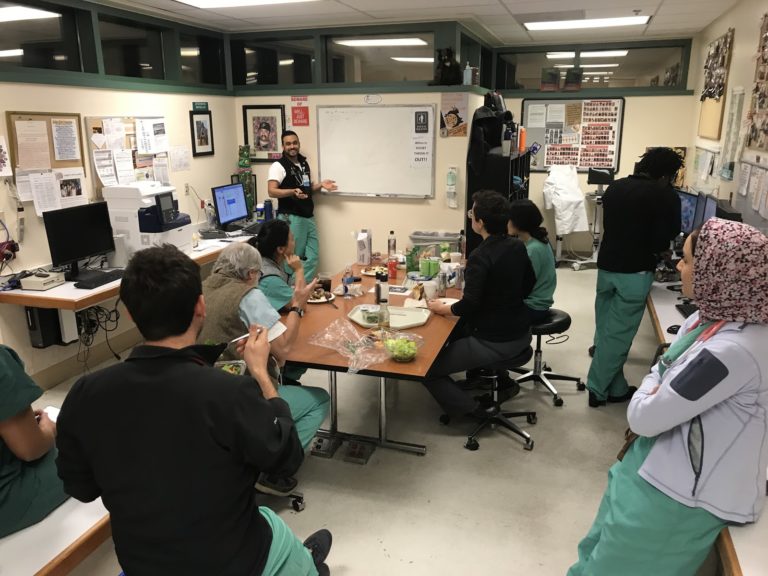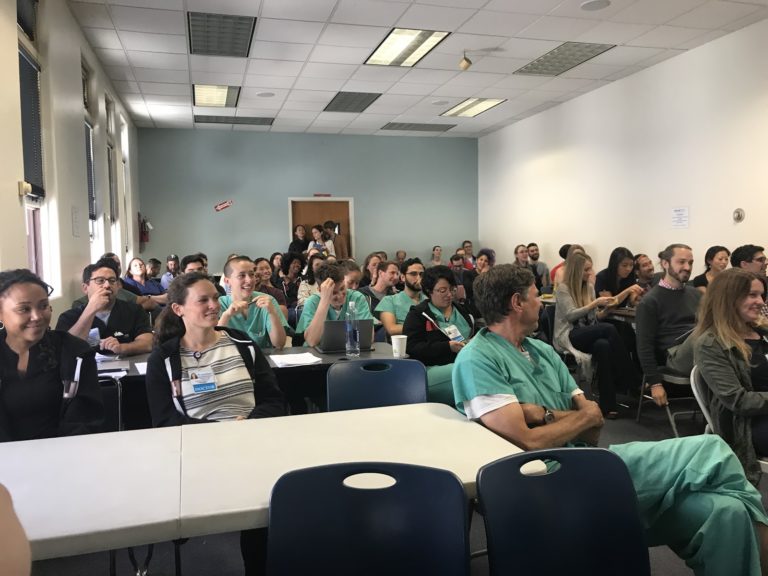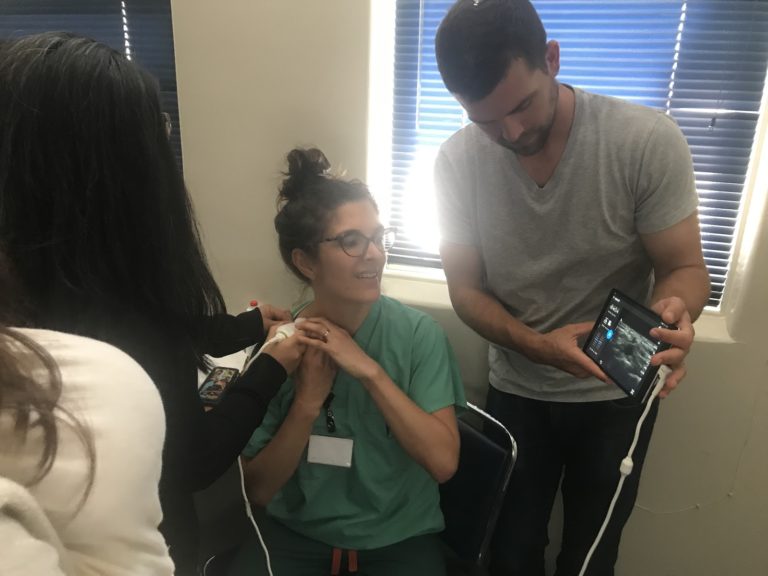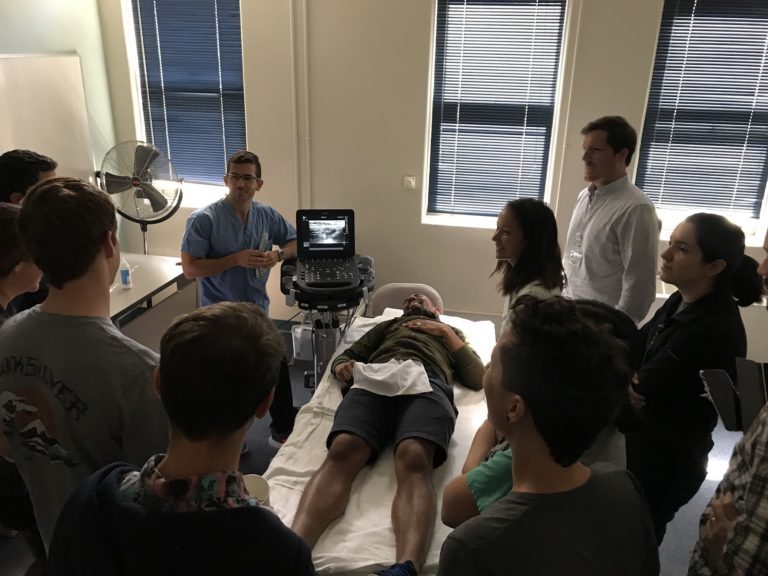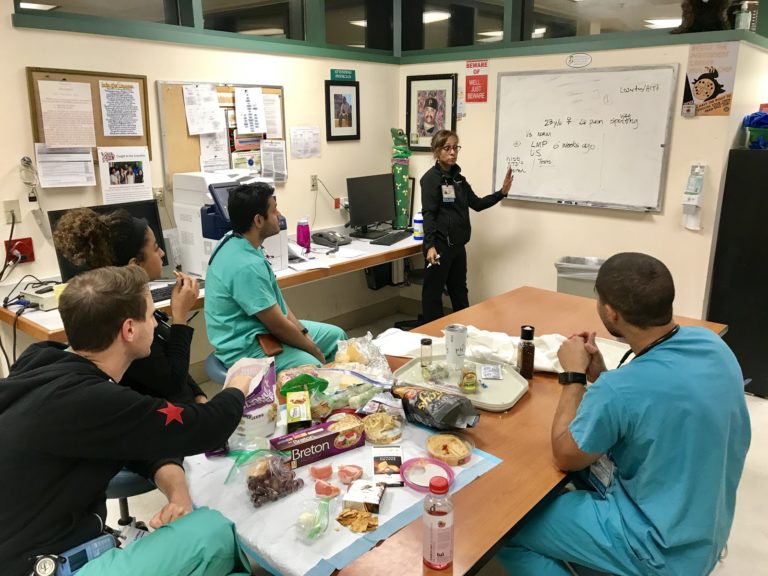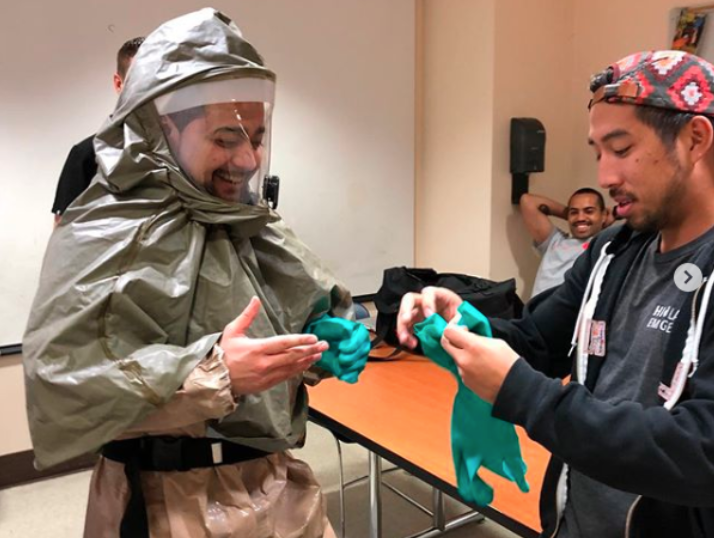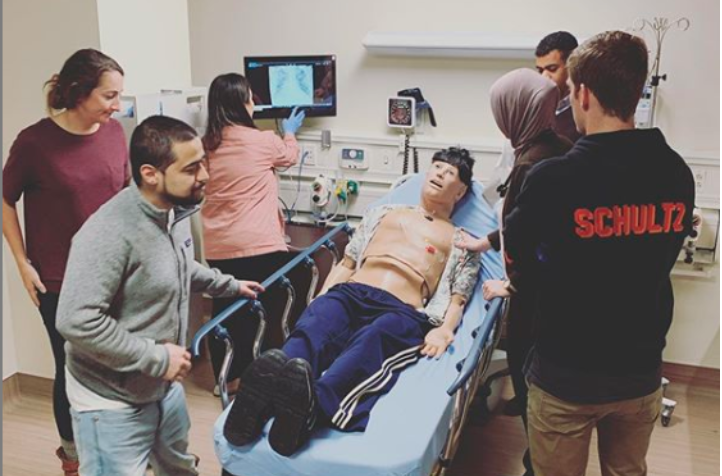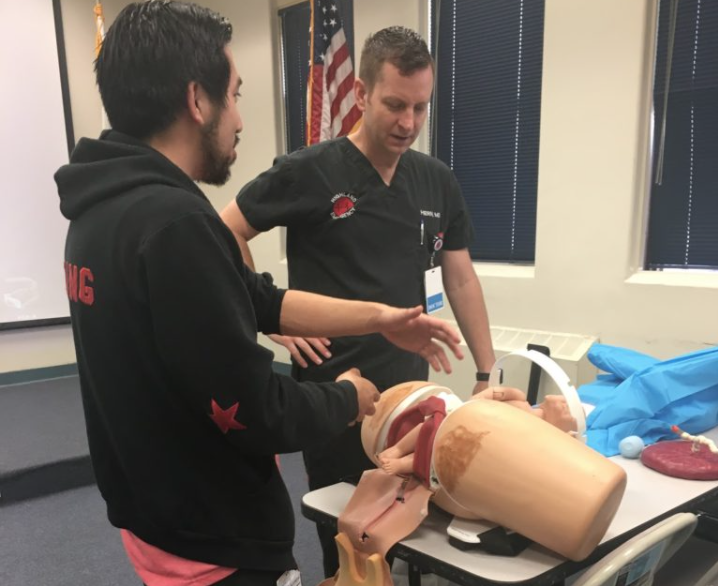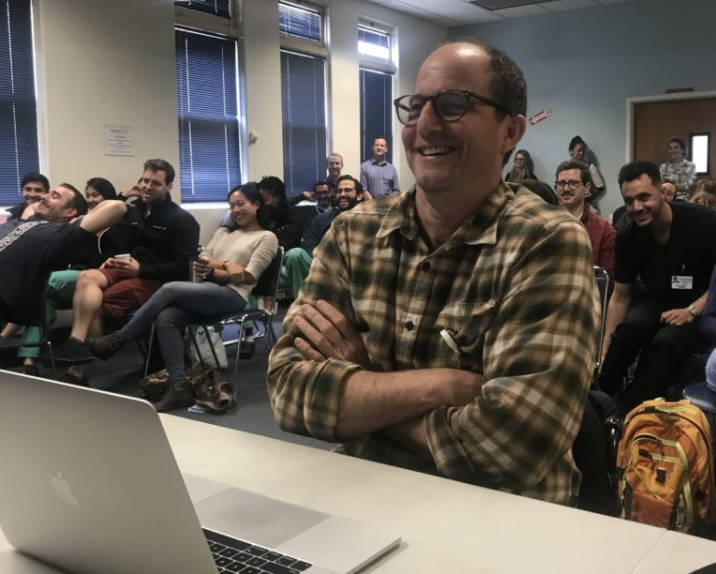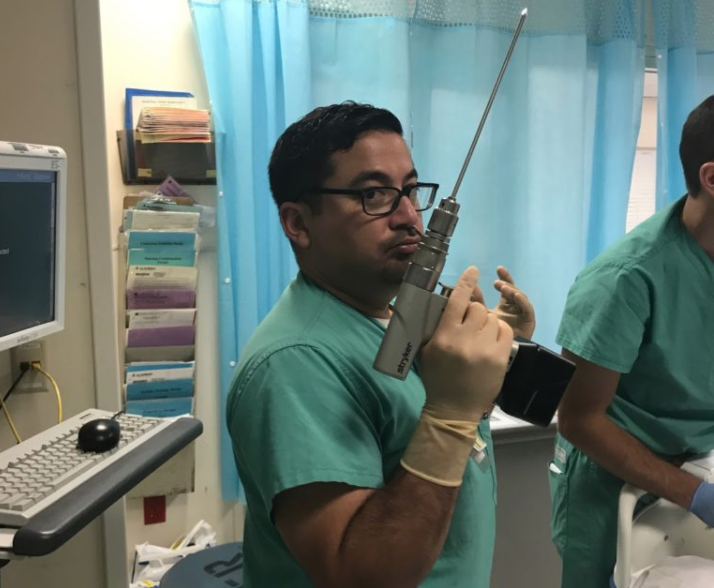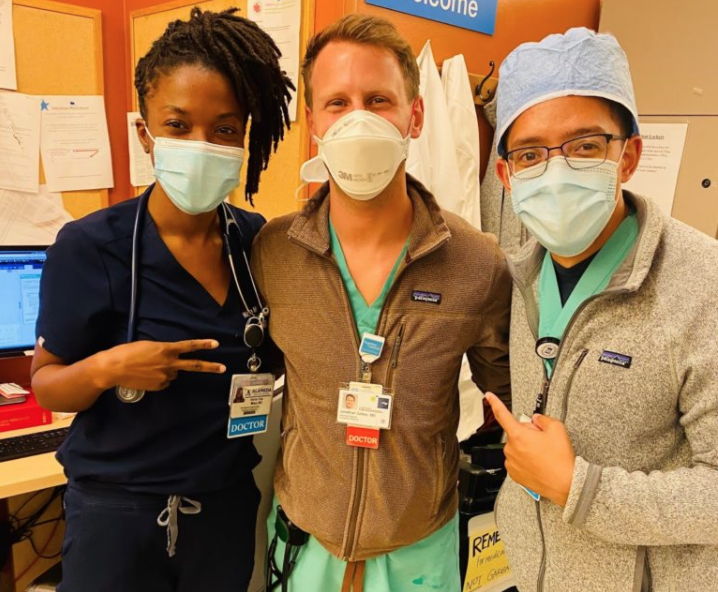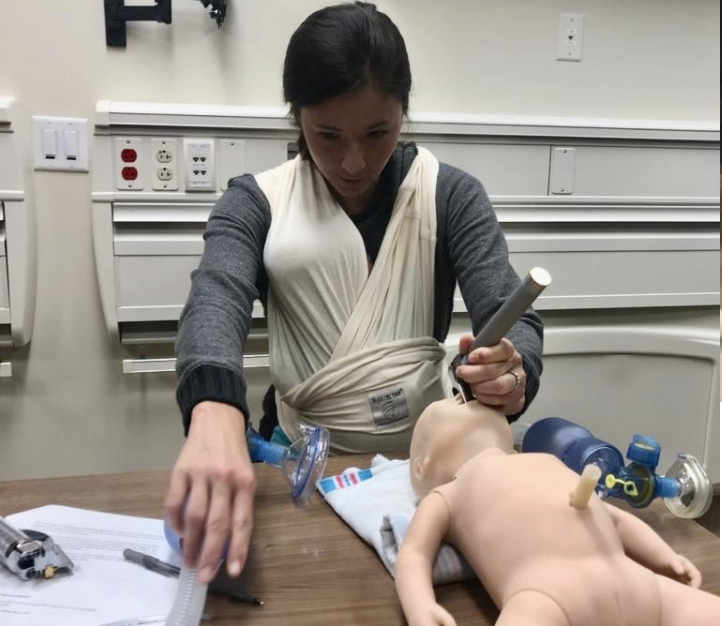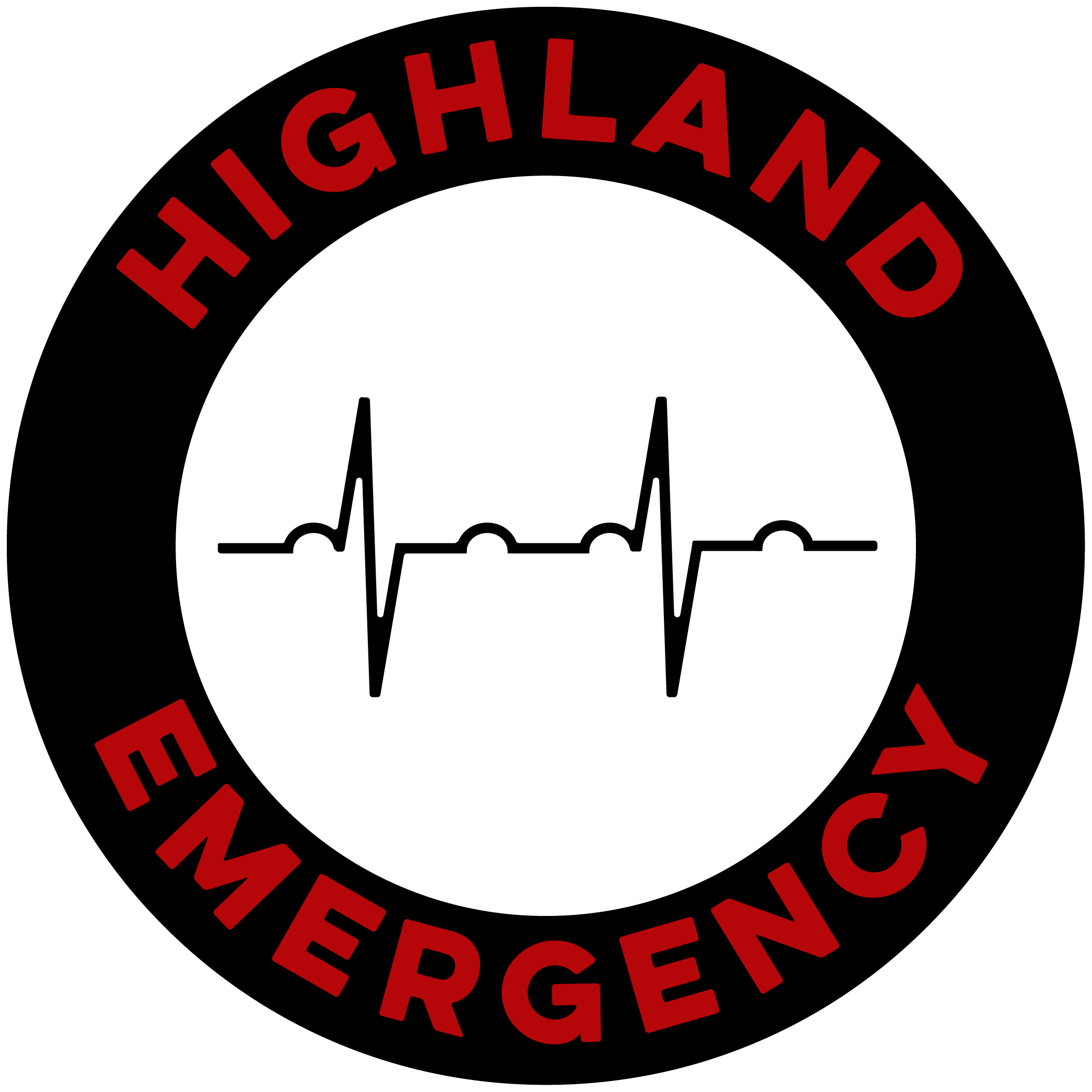This is the foundation of our didactic curriculum. It is structured in thematic blocks (Trauma, Cardiology, etc.) on a two year rotating schedule. The format is very interactive and consists of a mix of:
Didactic lectures by Senior Residents and Attendings
Small group sessions led by our Attendings or visiting faculty from Children’s Oakland
Simulation sessions in our state of art on campus sim center
Procedural skills sessions
Resident Case Conference (M&M)
Alumni are frequently invited back to present interesting cases or topics
Approximately once per month Grand Rounds Presentations from national experts
Once per month Trauma/EM joint conference from 7:00 – 8:00 AM
Twice per year mock oral boards for R2s and above
Once a month, on the 3rd Thursday afternoon, there is a department wide journal club and follow-up case conference. Follow-up conference is a rapid fire series of interesting cases recently presenting to our ED, with emphasis on their final diagnosis and outcomes. It is presented by one second year resident and one attending. Journal club provides a forum for reviewing the latest practice changing research to affect Emergency Medicine. Journal often takes place at a local restaurant or the home of an attending (unfortunately this is virtual for now, but remains a fun and relaxed environment).
Aside from the formal curriculum, didactics are integrated into clinical ED shifts in a number of ways. Bedside teaching has always been one of the cornerstones of the residency. In addition to frequent on shift teaching provided by Attendings, our senior residents participate in teaching shifts during the fourth year of residency. This provides the opportunity for mentorship experience for fourth year residents in addition to an enhanced learning experience for junior residents. Daily didactics also include three “mini conferences” in the ED, in which the attending physician presents an interesting or difficult case for analysis. All the staff and medical students working in the ED participate, with the goal of expanding differential diagnosis and management skills. These “mini conferences” are presented over breakfast, lunch, and dinner and make up a very important part of residency life.
